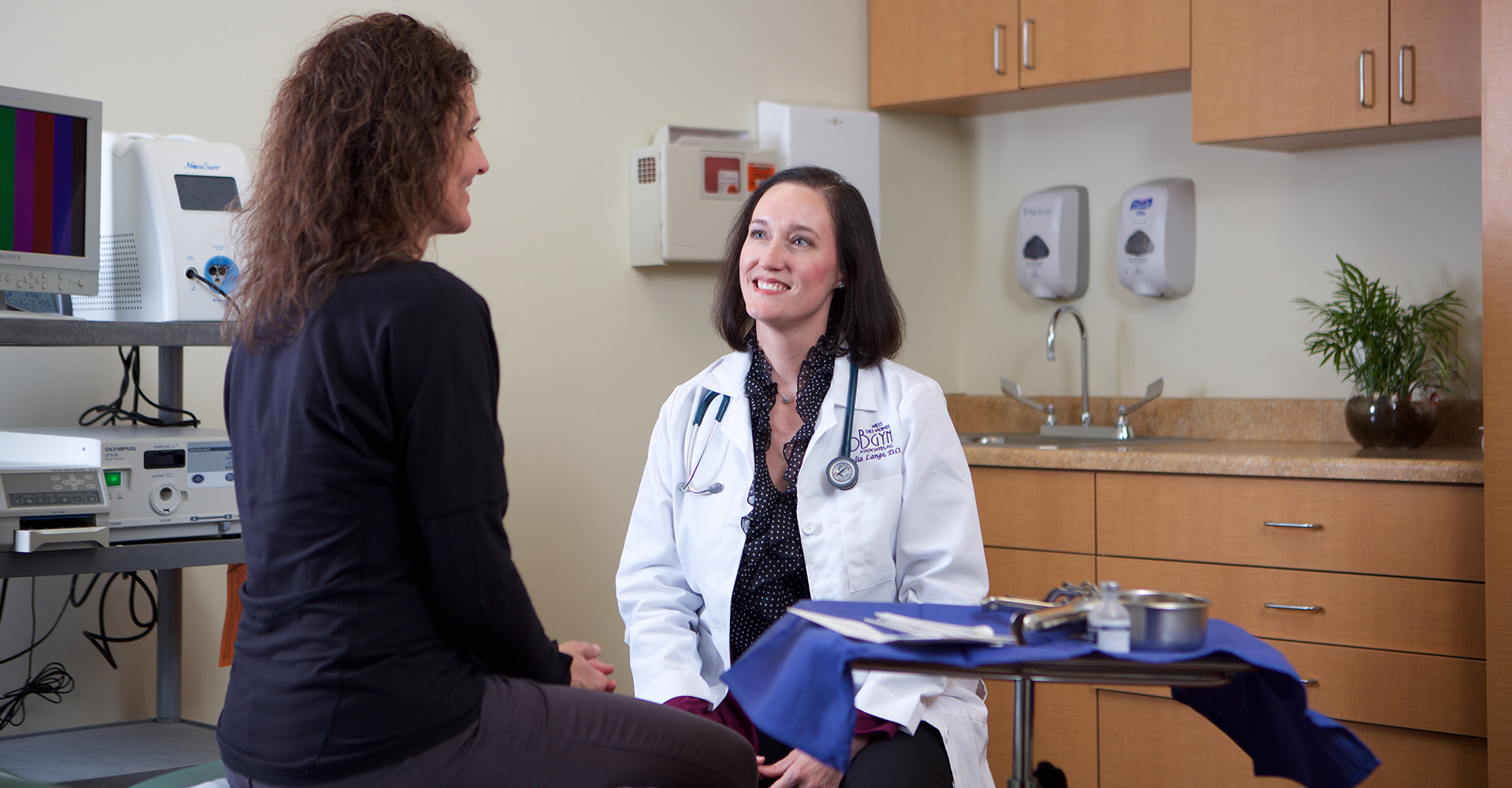As a natural part of the ovulation process, the ovaries release eggs, and fluid-filled sacs called ovarian cysts to form. Usually, these pockets of fluid cause a few mild symptoms that most women associate with their cycle. However, some types of ovarian cysts can be more serious, causing sudden, severe pain or make it difficult to get pregnant.
The symptoms of ovarian cysts include pressure, swelling, and bloating. Occasionally, they can cause irregular periods and pain during sex or your period. Severe abdominal pain should always trigger a call to the doctor, urgent care, or emergency room. With regular pelvic exams, your OBGYN may be able to identify if you have ovarian cysts before they cause a problem.
Several Types of Ovarian Cysts
In women who have regular menstrual cycles, ovarian cysts are very common. The most common types of ovarian cysts include follicle cysts and corpus luteum cysts. Follicle cysts form when a follicle in the ovary decides not to release an egg as it should. This common occurrence rarely causes symptoms, and the follicle cyst dissipates after a few weeks.
Corpus luteum cysts occur after the follicle releases the egg. That empty follicle sac then shrinks to form a mass of cells called the corpus luteum, which prepares hormones for the next cycle. But sometimes, something goes wrong, and the sac reseals, causing the corpus luteum cyst to form. These can fill with fluid and become large, resulting in pain and bleeding, especially if they burst.

Some cysts are associated with other conditions, including endometriosis and polycystic ovarian syndrome. If you have endometriosis, you may experience blood-filled cysts called endometriomas. Polycystic ovary syndrome is a condition that some women have that causes multiple follicular cysts on the ovary. This condition can make it more difficult to get pregnant because ovulation is irregular.
If you have symptoms that indicate you might have cysts, your OBGYN will do an examination and possibly order an ultrasound, as well. The goal of the pelvic exam is to discover the size, location, and type of cyst. She will find out whether it is solid or filled with fluid, which can help indicate the makeup of the ovarian cyst. A pregnancy test can help rule out pregnancy as a cause of your symptoms. Hormone and blood tests can also help your doctor discover related problems.
Surgical removal of cysts doesn’t occur often, and cancerous cysts are rare. If surgery is required, it will likely be minimally invasive, using laparoscopic surgical techniques. Cysts may be tested for cancer following removal. The majority of ovarian cysts are benign. Malignant cysts indicate ovarian cancer. As such, if a cyst is detected, ultrasounds and other tests can determine what your doctor will recommend for treatment. Hormones such as birth control pills may be prescribed to lower your risk of getting future cysts.
When to Schedule an Appointment
While ovarian cysts are a common occurrence, they usually last a month or two and resolve on their own. However, it’s important to be informed about the symptoms so you can be aware of what you might experience during your menstrual cycles—and know when to schedule an appointment. If you are experiencing irregular cycles, painful sex, or other symptoms of cysts, please contact West Des Moines OBGYN Associates for your appointment. We offer convenient in-office procedures such as ultrasounds, so your doctor can more rapidly reach a diagnosis for the symptoms that bother you.


